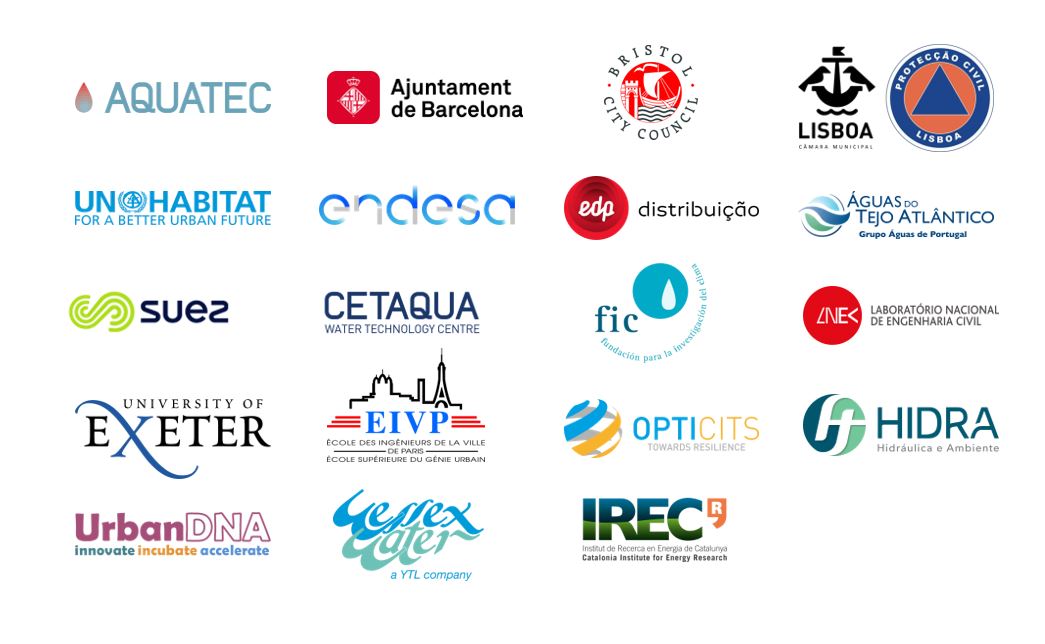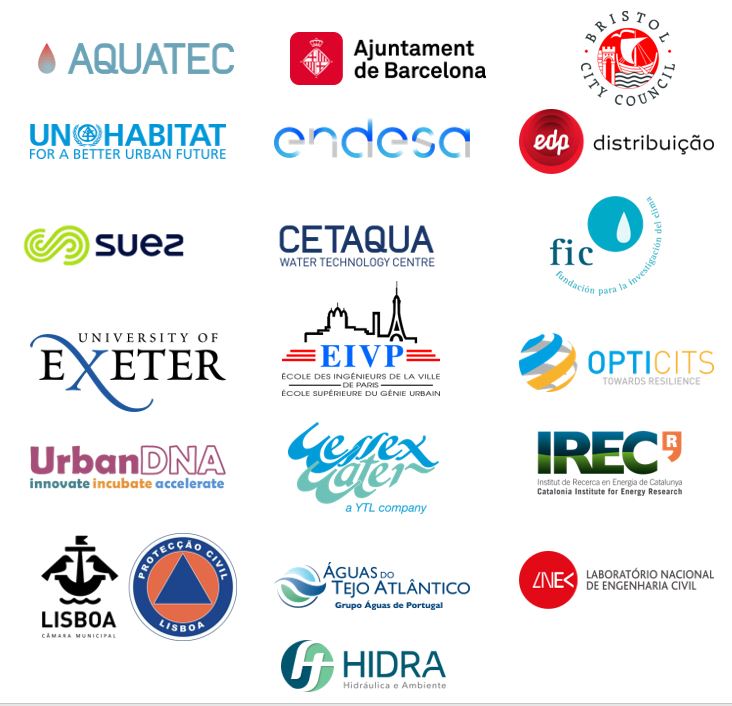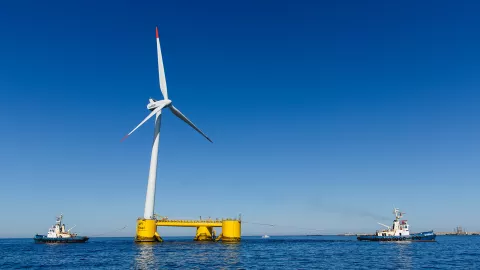Key data
Start: may 2016
End: july 2020
Budget: € 8.023.342,50
Case studies: Lisbon, Barcelona e Bristol
Objectives
The RESCCUE project (RESilience to cope with Climate Change in Urban arEas) integrated within the scope of the Secure Societies work program, has the main goal of assessing the resilience of cities based on the cases studies of Lisbon (Portugal), Bristol (United Kingdom) and Barcelona (Spain), providing practical, innovative models and tools to improve the resilience of cities and of their essential services, covering different scenarios of climate change and territorial evolution. This context includes, among others, the Hazur® - Resilient Systems platform to support the design, implementation and strategic management of cities with respect to resilience, based on the cycle; planning - improving - preventing - supporting - responding - recovering.
RESCCUE is large scale innovation project about urban resilience with respect to extreme weather events created by climate change, focusing on the element of water. It is based on a multi-sectoral approach, aiming to design urban resilience plans in the three case studies used (which include the city of Lisbon) of different critical services, namely water and sanitation, energy, mobility and communication services, as managed by different entities.
One of the projects involved in Lisbon is EDP Distribuição.
Expected impacts
In particular, the main expected impacts of the project are:
- Rapid large-scale deployment and market acceptance of innovative solutions for adapting to technological and non-technological climate change with high replicability.
- Contributing to the development of technological and performance standards for adaptation options.
- Improving the capacity for innovation and the integration of new knowledge.
- Reinforcing the competitiveness and growth of companies, developing innovations that meet the needs of the European and global markets; and, when relevant, providing these innovations to the markets.
- Environmental and social impacts based on the protection and safety of citizens, allowing for better coordination of the city's emergency teams and, consequently, for a faster response of these.
Partners:



